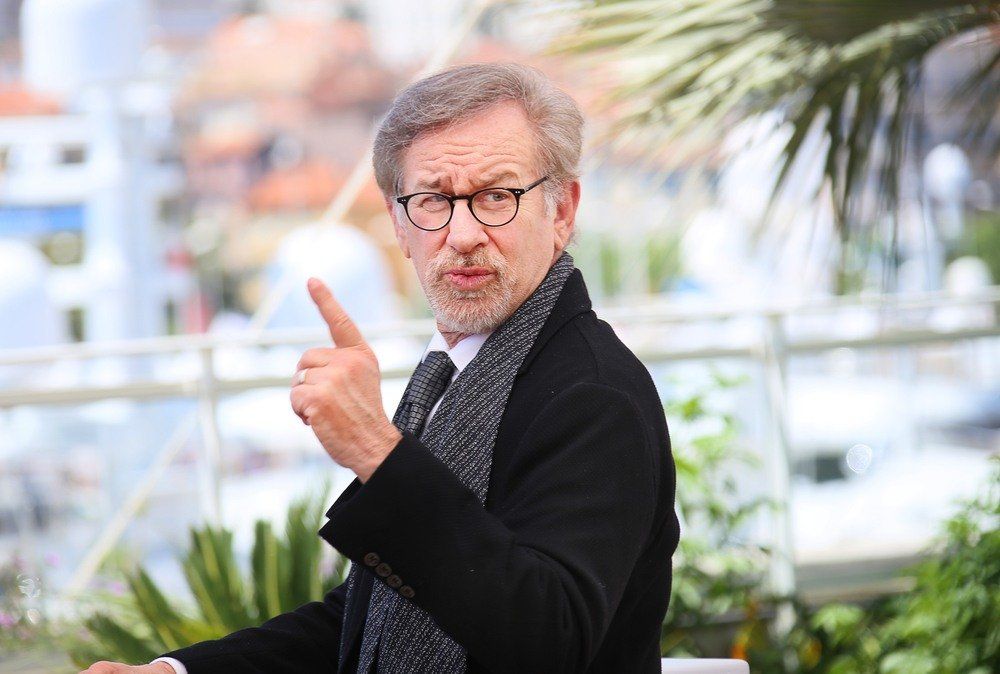
Key Takeaways:
* Stanley Kubrick's paranoia led to secretive discussions between him and Spielberg during the making of A.I. Artificial Intelligence.
* Most communication was through a secured fax line, with instructions to destroy communications immediately after reading.
* Despite his initial skepticism, Spielberg respected Kubrick's paranoia and followed through on all his requests.
* The film ended up grossing an impressive $235.9 million, attesting to its success despite the unconventional work process.
The Genius Collaboration Between Spielberg and Kubrick
Stanley Kubrick, the legendary director responsible for timeless classics like 2001: A Space Odyssey and The Shining, had a reputation for not only his exceptional filmmaking but also his intense paranoia over his works. This side of Kubrick became strikingly apparent to another Hollywood legend, Steven Spielberg, during their collaboration on Kubrick's final film, A.I. Artificial Intelligence.
How A.I. Artificial Intelligence Came to be Spielberg's Project
Typically, Kubrick's Eyes Wide Shut is considered his last film before his death, but A.I. Artificial Intelligence holds that honor. Kubrick already had the concept of the movie developed, however, due to his busy schedule with Eyes Wide Shut, he trusted Spielberg to take on directing it.
Spielberg, who was not only a long-time friend but also a pupil of Kubrick, accepted the task. This led to a series of intriguing interactions fueled by Kubrick's unique paranoia surrounding work.
Secretive Fax Transmissions: The Result of Kubrick's Paranoia
Spielberg recalled in an interview how differently they communicated ideas about the film, even through a seemingly conventional medium such as faxing. Kubrick insisted that the fax machine be placed in a secure part of the house, with communications being destroyed immediately after reading.
The unexpected paranoia even extended to where Spielberg lived, as Kubrick seemed to assume Spielberg's home was a fortified mansion with dedicated safe rooms for such secretive matters. Although this was not the case, Spielberg appeased Kubrick by keeping the fax machine in his bedroom, the relatively safest place.
Living in a “CIA Bubble”
The secrecy continued to intensify, with Spielberg feeling as though he was living in a “CIA bubble” with Kubrick. Kubrick was stringent about the preservation of information secrecy, making Spielberg memorize the contents before shredding or burning each communique.
Despite the seemingly extreme measures, Spielberg was respectful of Kubrick's mannerisms and adhered to the process without much pushback.
Success Despite Secrecy
Although the production process was wrapped in secrecy, the hard work and dedication reflected in the film's success. After taking over following Kubrick's death in 1999, Spielberg saw the film accrue a whopping $235.9 million on a $100 million budget, along with receiving stellar critiques from audiences and critics alike.
A.I. Artificial Intelligence is a testament to the powerful collaboration that can exist despite differing personalities and working styles, presented through the engaging synergy between Stanley Kubrick and Steven Spielberg.
You can experience this synergy for yourself by watching A.I. Artificial Intelligence available on Prime Video, a visualization of the unique working dynamics between two of Hollywood's greatest masterminds.